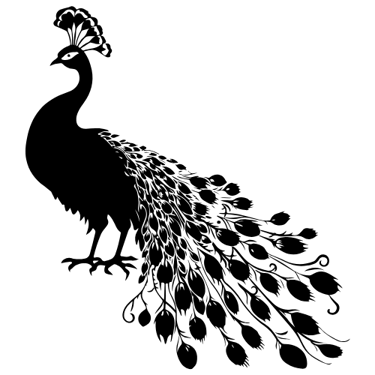Course Outline
Session 1: Foundations of Christian Theology (Early Church)
New Testament to 500 C.E.
Explore the formative years of Christian theology, examining the ideas and debates that shaped the faith from its beginnings through the early centuries. We’ll discuss the writings and influence of Paul, John, Origen, and Augustine—figures who helped author the Bible, launch Christian theology, and establish doctrines that still resonate today.
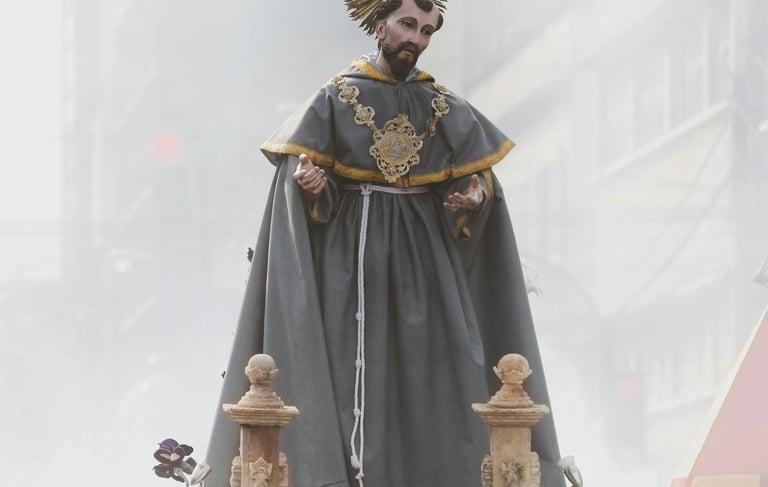

Photo by Lisandro Garcia on Unsplash
Session 2: Medieval Minds and Mystics
501 to 1000 C.E.
Journey into the medieval era to discover how theology evolved through philosophical and mystical insights. We’ll explore the contributions of Boethius, John of Damascus, Kassia, and Symeon the New Theologian, focusing on their defense of the faith, engagement with heresy, and impact on the growing Church.


Photo by Kirill Mikhaylyuk on Unsplash
Session 3: Salvation, Reason, and Renewal
1001 to 1800 C.E.
Focus on the High Middle Ages and the dawn of reform. We’ll examine Anselm’s satisfaction theory, Aquinas’s integration of faith and reason, and Julian of Norwich’s vision of God’s love. This session also introduces the Reformation’s major theological shifts, highlighting Luther, Calvin, Teresa of Avila, and Wesley and their lasting impact on Christian belief and society.
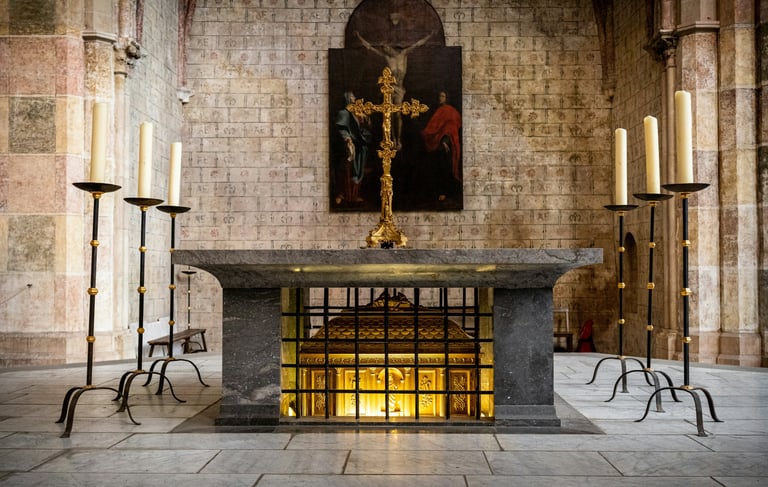

Photo by Nick Castelli on Unsplash
Session 4: Modern and Contemporary Theologies
1800 to current
Explore the dynamic landscape of modern and contemporary theology. We’ll discuss the Doctrine of Anthropology, Phoebe Palmer’s Holiness Movement, and Kierkegaard’s existential faith. Then, move into the 20th and 21st centuries with Karl Barth’s neo-orthodoxy, James Cone’s Black Liberation Theology, and Catherine Keller’s process and relational theology—highlighting themes of justice, ecological interdependence, and the ongoing evolution of Christian thought.
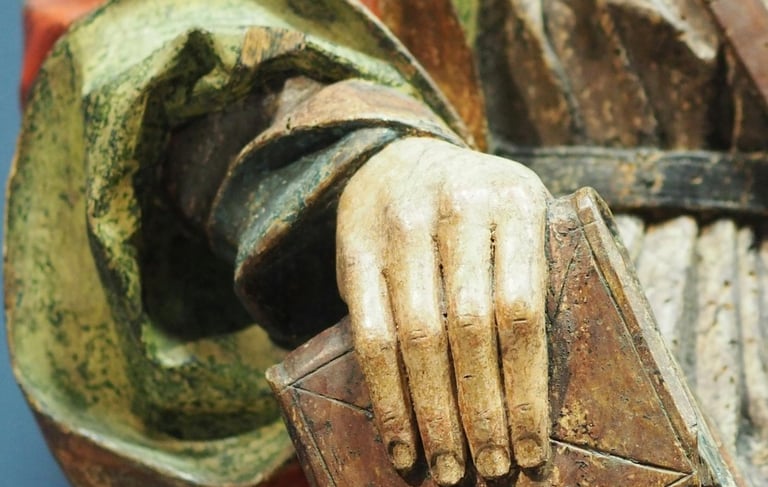

Photo by Natalia Y. on Unsplash
Theology Monster
Explore key figures and concepts in theology.
© 2025. All rights reserved.
